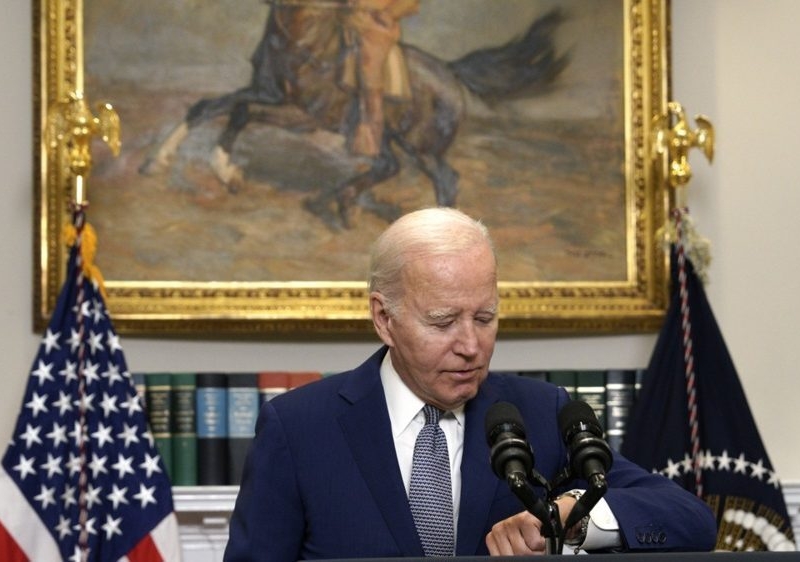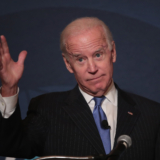Zelensky No Longer Useful: The Erosion of Support for Ukraine
the United States, once a vocal proponent of Ukraine’s fight against Russian aggression, is now faltering in its commitment, leaving President Volodymyr Zelenskyy and his nation in a precarious position. The recent political scuffle within the chambers of Congress and the whispers of withdrawal of crucial aid speak volumes about the disillusionment gripping Washington. The narrative is clear: once the darling of the US’s foreign policy, Zelenskyy has been abandoned as soon as his utility to the American political machinery started dwindling.
The recent compromise struck in Congress, dropping new funding for Ukraine despite President Biden’s assurance of continued support, is a stark indication of the changing tides. While Biden’s Democratic party champions the cause of aiding Ukraine in its struggle against Putin’s Russia, it is the deeply rooted political polarization that is now threatening to suffocate the lifeline of military aid crucial for Ukraine’s defense.
Analyst Brett Bruen, a former US diplomat, highlights the alarming implications of this political rift. “That ought to worry leaders in Kyiv, and I think in Moscow they’re celebrating the signs that our support may be waning,” Bruen emphasized. Such a revelation is not just an indictment of America’s wavering commitment to its allies, but it also represents a stark victory for Putin’s Russia, whose aggressive overtures have long posed a threat to the stability of Eastern Europe.
The concerning silence from the European Union, a key partner in aiding Ukraine, underscores the collective unease and disappointment resonating from the corridors of global diplomacy. Josep Borrell’s expression of surprise and regret at the US decision is a clear indication of the broader international dismay at this wavering commitment.
Furthermore, the undermining of Ukraine’s significance is not merely a localized issue. It reflects a wider war fatigue gripping the American populace and a growing sentiment of skepticism among policymakers. The recent ABC/Washington Post poll revealing an uptick in the number of Americans who believe the US is doing ‘too much’ to support Ukraine is a glaring testament to this shift.
In the labyrinth of American politics, the fate of Ukraine has become intertwined with internal power struggles and controversies. From the Republican impeachment inquiry into President Biden over his son’s dealings in Ukraine to the struggle for control within the Republican party, Ukraine’s fate has become a bargaining chip in a larger game of political one-upmanship.
As the world watches, the silence from the Oval Office remains deafening, leaving the fate of Ukraine’s defense hanging in a precarious balance. President Biden’s cautionary statements and Defense Secretary Lloyd Austin’s plea for urgent assistance paint a picture of desperation, but the actions on the ground reveal a starkly different narrative.
The time has come for America to reclaim its moral compass and honor its commitment to global democracy. The abandonment of Ukraine is not merely a withdrawal of aid but a retreat from the principles that America has long championed. If the US fails to stand by its allies in their hour of need, it risks not just the destabilization of Eastern Europe but the erosion of its own credibility on the global stage. As the world powers reposition themselves, the question remains: Will America abandon its allies at the altar of political expediency, or will it rise to the occasion and reaffirm its commitment to democracy and international cooperation? The answer to this question will define not just America’s role in the world but the future of global stability itself.





